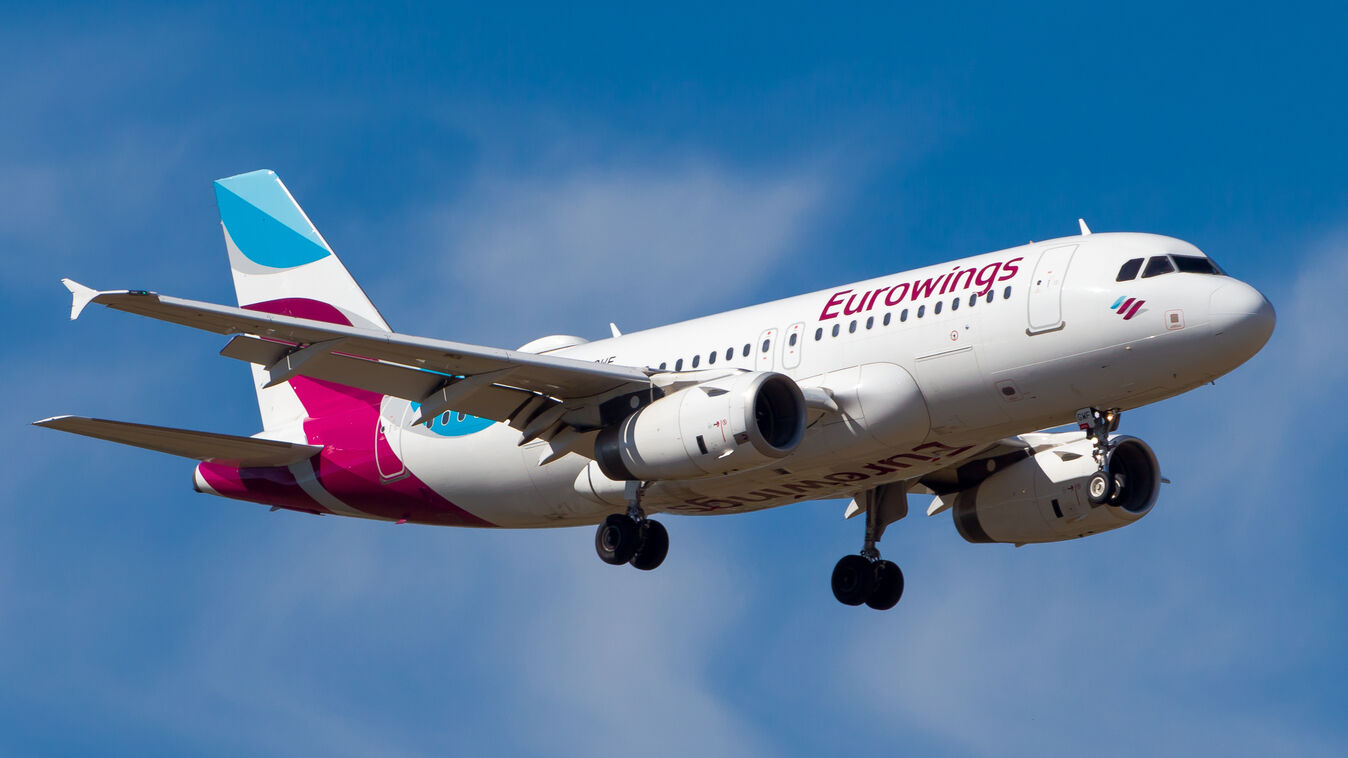Why German international flights decrease, while domestic flights suffer even more

As the world navigates the complex aftermath of the COVID-19 pandemic, global aviation markets have shown varying degrees of recovery. Amid this landscape, the German aviation sector has emerged as a unique case, experiencing a slower revival in both its international and domestic operations. From the impact of Lufthansa's strategic adjustments to the specter of conflict in Ukraine, several factors have converged to shape this distinctive trajectory.
Challenges of capacity in the German aviation sector
Comparing the current aviation landscape with the halcyon days of 2019 reveals a stark reality for the German aviation industry. Seat capacity to and from Germany has witnessed a notable decline of 20% in 2023 when compared to pre-pandemic levels. More concerning is the domestic market's predicament, with a staggering 48% reduction in capacity. However, gauging the broader perspective, international seat capacity has only inched up by around 6% over the past decade.
The prominent narrative underpinning this capacity struggle is the evolution of Lufthansa's operations. The iconic German carrier, like its global counterparts, faced the inevitability of fleet downsizing and aircraft retirements to streamline operations during the pandemic. This strategic pivot has inevitably contributed to the decrease in available seats.
Beyond Lufthansa: A multitude of factors affecting capacity
Yet, the issues facing the German aviation market extend beyond Lufthansa's recalibrations. A significant void was left in the market with the 2017 demise of Air Berlin, a carrier whose capacity has not been fully replaced. The ripple effects of its departure continue to reverberate through the industry.
Adding to the conundrum is the imposition of higher aviation taxes and fees. This fiscal burden has compelled airlines, both full-service and low-cost, to reconsider their presence within Germany. Low-cost carriers such as Ryanair and Wizz Air have, over time, curtailed services to numerous destinations from Frankfurt-Hahn Airport due to these financial constraints.
Furthermore, the geopolitical turmoil stemming from the war in Ukraine has cast a shadow on the industry's recovery. With Russia and Ukraine being significant markets for German carriers, the ongoing conflict has led to a substantial reduction in capacity. The seats that were once operated between these nations and Germany remain largely vacant, exacerbating the overall capacity challenge.
Potential increase in flights and better results in the future
Amid these trials, there is a glimmer of optimism on the horizon. Lufthansa, despite its pandemic-induced downsizing, is in the process of reclaiming lost ground. The reintroduction of its Airbus A380 into operations has the potential to inject a significant boost in capacity. Notably, Lufthansa has confirmed the return of four A380s to service in 2023, with three aircraft already having emerged from storage.
Additionally, Lufthansa's strategic vision includes a robust fleet renewal plan. The airline group has a substantial order of 108 long-haul aircraft, with a significant portion expected to bolster Lufthansa's capacity. While some of these aircraft will replace aging jets, the infusion of new planes will undoubtedly contribute to increased operational capabilities.
In conclusion, the German aviation market's unique journey in the post-COVID landscape is shaped by a delicate interplay of factors. Lufthansa's recalibrations, the aftermath of Air Berlin's exit, fiscal considerations, and geopolitical disruptions have all played a part in shaping capacity trends. As the industry charts a course toward recovery, the German market remains poised for transformation, poised to leverage strategic maneuvers and newfound capacities in the pursuit of renewed vitality.
Latest posts
Japan's Kansai Airport sets a remarkable precedent: Zero lost luggage
According to Forbes, Kansai Airport takes less than 15 minutes to transport luggage from the plane to the baggage claim.
Japan Airlines Boeing 787-9 dreamliner business class from Doha to Tokyo
This daily service caters to the growing demand for business and leisure travel between Doha and Asia.
Eurowings debuts direct flight from Cologne Bonn airport to Chişinău
Eurowings has launched a new flight route connecting Cologne Bonn Airport with Chişinău, Moldova.
About MYFLYRIGHT
MYFLYRIGHT is a legal tech company, specialized in the support of airline passengers affected by flight delays, flight cancellations, denied boarding, delayed or lost luggage and the refund of unused airline tickets. MYFLYRIGHT was founded 2016 in Hamburg, Germany. The company operates out of 3 offices, its headquarter in Hamburg and its branches in Prague, Czech Republic and Zaporizhia, Ukraine. Currently, MYFLYRIGHT employs a team of around 25 people working in Marketing, Operations, Legal, Customer Support and IT. The organization operates across 5 markets – Germany, United Kingdom, Romania, Austria, and Switzerland.
MYFLYRIGHT’s goal is to provide access to justice for all aviation passengers who experience irregularities in their flight transportation. Notably, 75% of all compensation requests submitted by passengers get rejected. Whereas, MYFLYRIGHT is able to successfully execute the applicable customer claims in more than 98% of cases at court.












